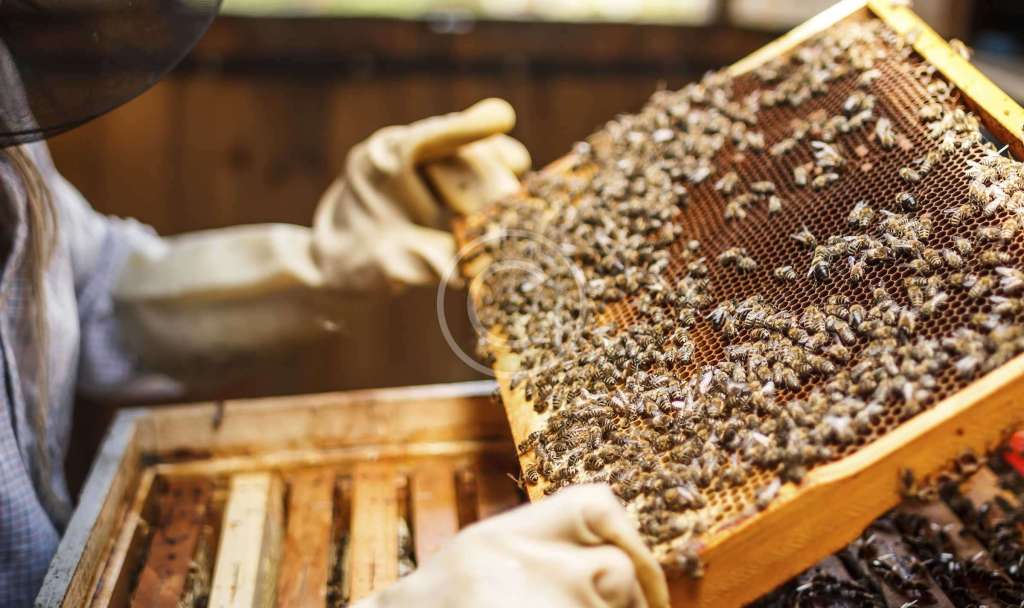Beekeeping: A Journey into the World of Pollinators
In recent years, there has been a growing interest in self-sufficiency and sustainable living. One practice that has gained popularity among rural dwellers and homesteaders is beekeeping. Not only does it provide an opportunity to connect with nature, but it also plays a crucial role in the conservation of honeybees. In this article, we will explore the basics of beekeeping, its benefits, and how you can get started on your own journey into the fascinating world of pollinators.
Bees are not only renowned for their production of delicious honey but are also vital for plant pollination. As they go from flower to flower collecting nectar and pollen, these tiny insects transfer pollen grains from male flowers to female ones, aiding in fertilization and promoting plant reproduction. Without bees, many plants would struggle to reproduce or yield fruits and vegetables.
One of the main reasons people venture into beekeeping is for the production of honey. Honey is not only a natural sweetener but also boasts numerous health benefits. It contains antioxidants, enzymes, vitamins, and minerals that contribute to overall well-being. Additionally, local honey may help alleviate seasonal allergies by exposing individuals to small amounts of local pollen.
While harvesting honey may be one motivation for starting beekeeping, it should not overshadow the importance of supporting pollinator populations. Bees have faced various challenges over recent decades due to habitat loss, pesticide exposure, climate change effects, diseases like colony collapse disorder (CCD), among others. By becoming a beekeeper yourself or supporting local beekeepers in your area through purchasing their products or donating land for hives placement – you directly contribute towards reversing this decline.
Before embarking on your own apiary adventure though – it’s important to consider some key factors such as location and legal regulations governing keeping bees in your community or region. While bees can thrive almost anywhere with access to flowers and water, it’s crucial to ensure you’re in compliance with local laws and ordinances. Additionally, you must also consider your neighbors’ proximity and any potential allergies or concerns they may have.
Once you’ve ensured legal and environmental compatibility, it’s time to set up your hive. The most common type of beehive used by beginners is the Langstroth hive, which consists of wooden boxes stacked vertically with frames for bees to build their comb on. These hives provide easy access for beekeepers while minimizing disturbance to the colony.
Acquiring bees can be done through purchasing packages or nucs (nucleus colonies) from reputable suppliers or even capturing a swarm if you’re lucky enough to come across one. It’s important to note that starting with a beginner-friendly breed such as Italian or Carniolan bees is recommended due to their docile nature and adaptability.
Beekeeping requires regular maintenance and monitoring of the hive throughout the year. This includes checking for signs of disease, ensuring sufficient food stores during winter months, managing pests like Varroa mites, and providing adequate ventilation. Regular inspections help maintain colony health and prevent potential issues from escalating.
While beekeeping does require dedication and ongoing learning, there are numerous resources available for aspiring beekeepers. Local beekeeping associations often offer classes or mentorship programs where experienced beekeepers share their knowledge with novices. Additionally, online forums and publications provide valuable information on various aspects of beekeeping – from hive management techniques to honey extraction methods.
In conclusion, beekeeping offers an opportunity not only to harvest delicious honey but also contribute towards conserving pollinators that play a vital role in our ecosystems. By becoming a responsible beekeeper, you can make a positive impact on both your immediate environment and the wider world around us. So why not embark on this rewarding journey into the world of pollinators? Your garden will thank you!


Leave a comment